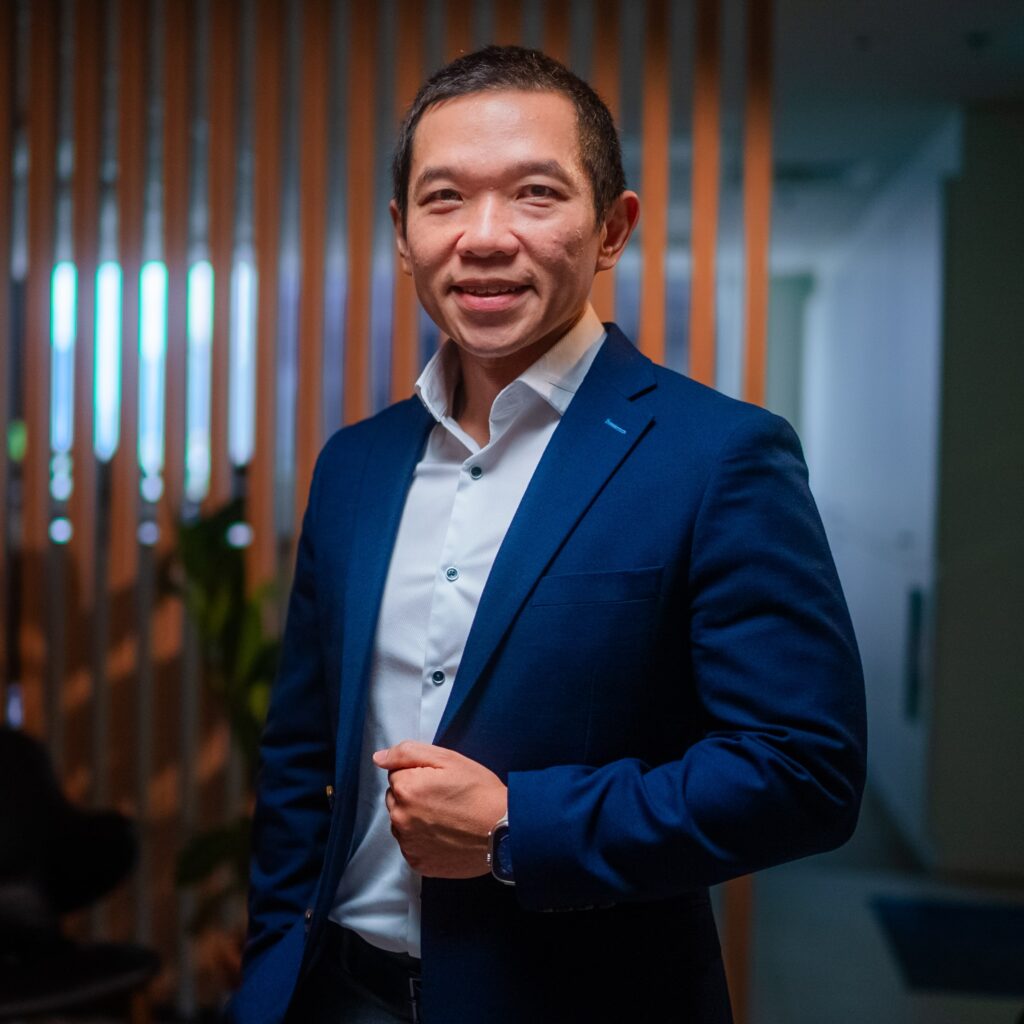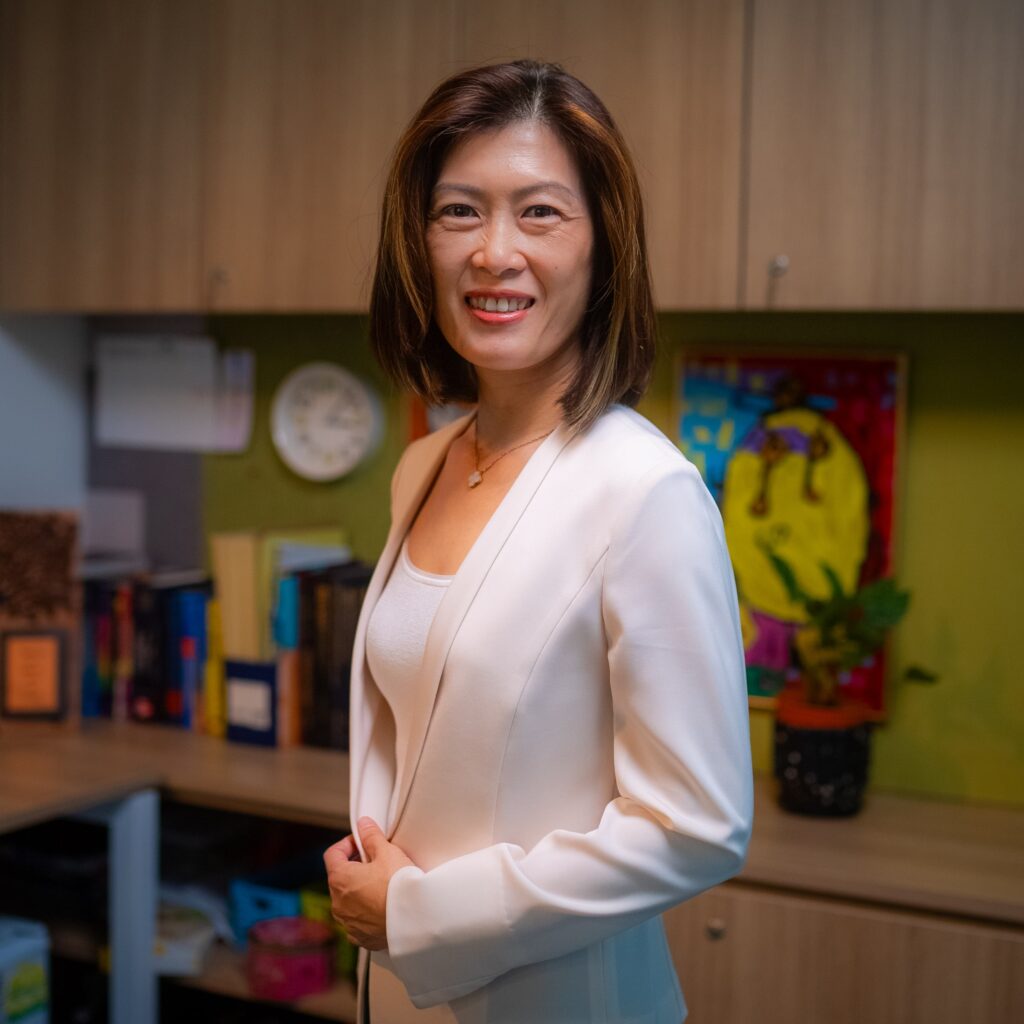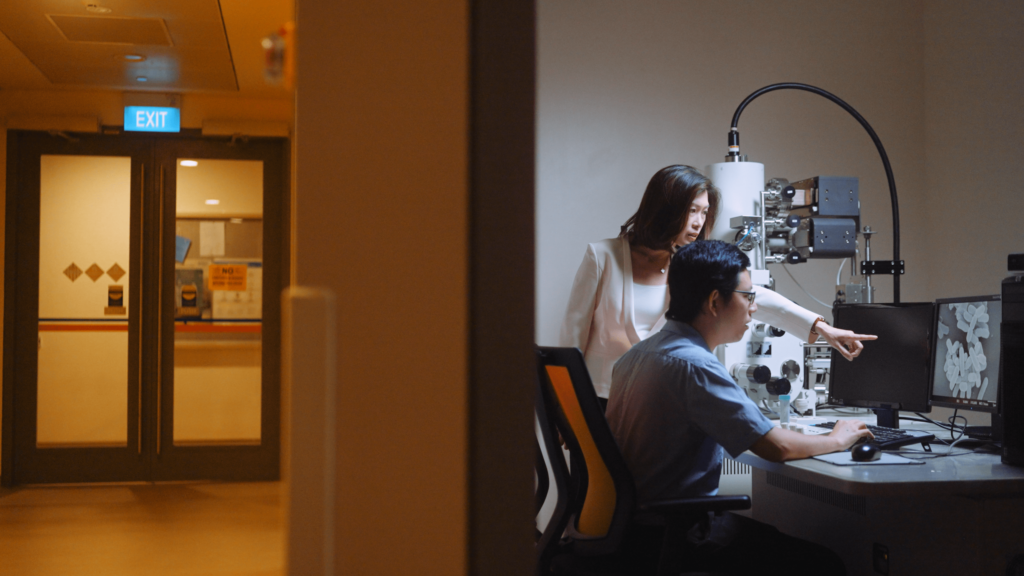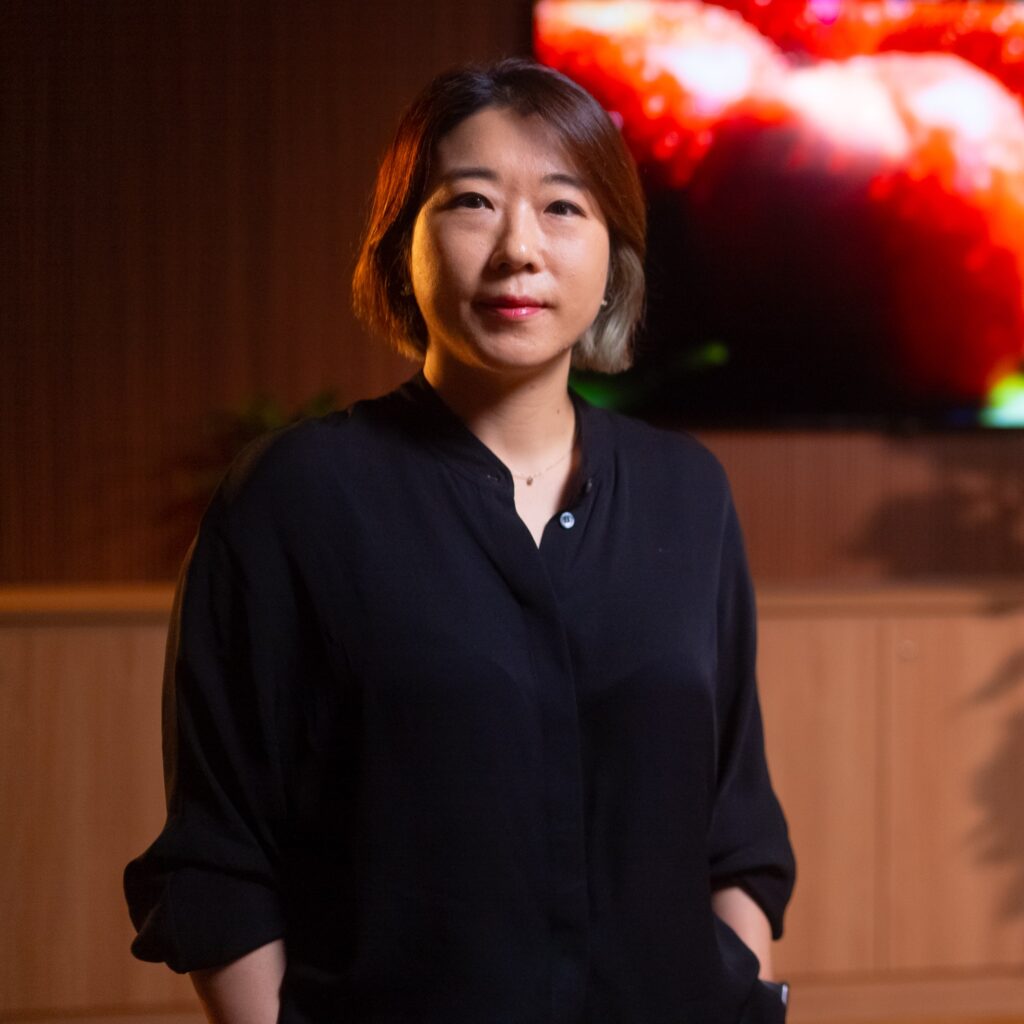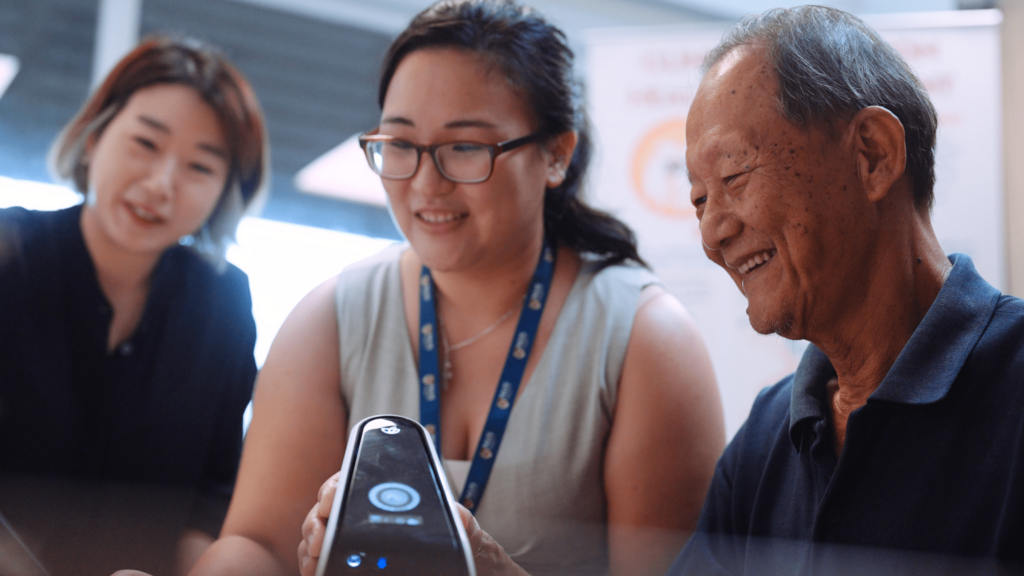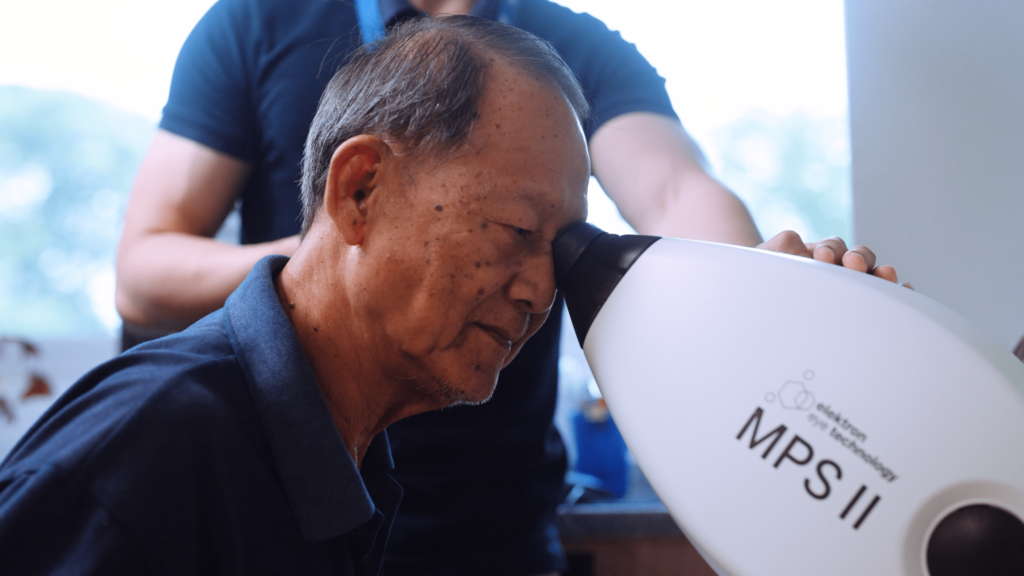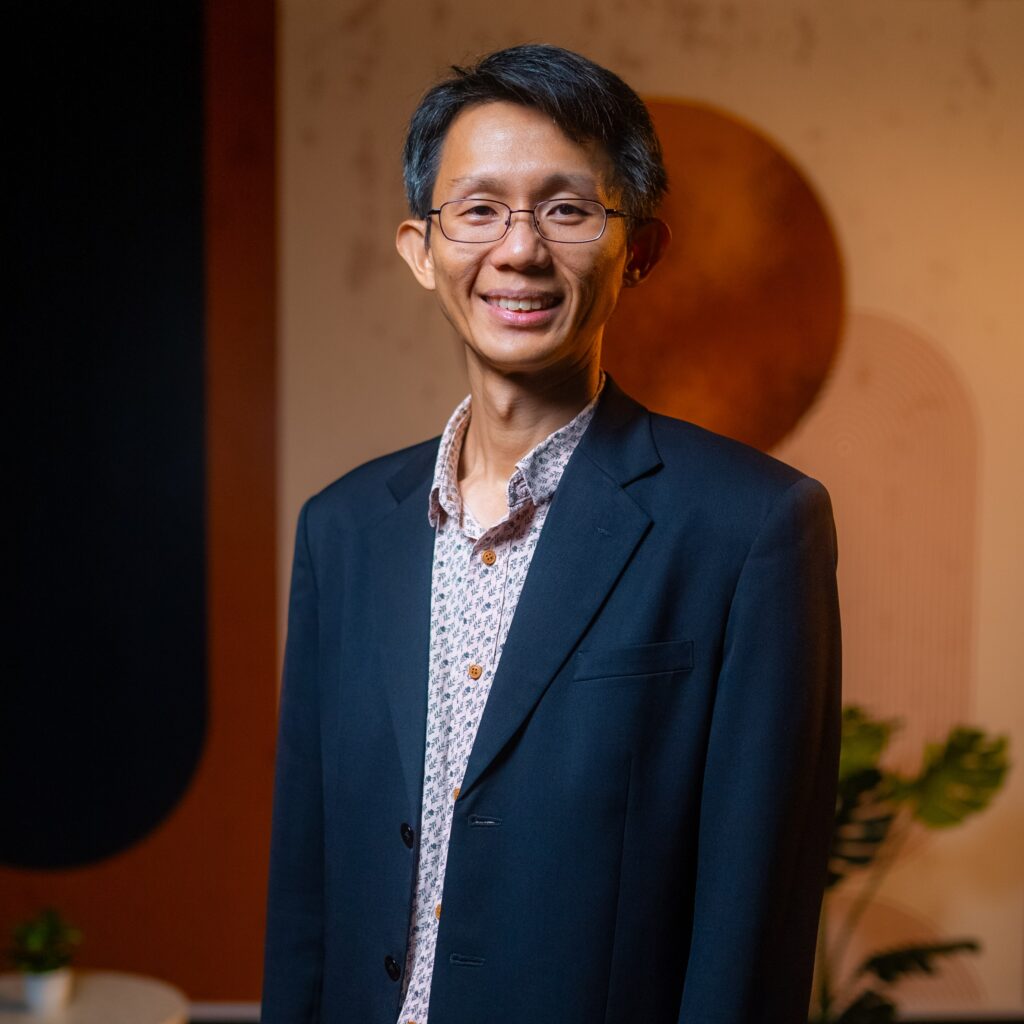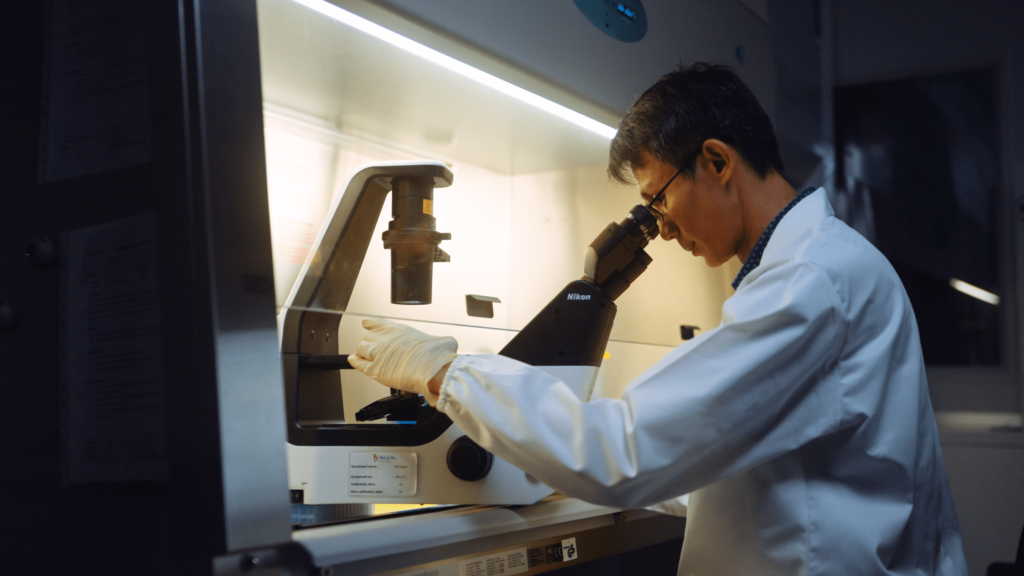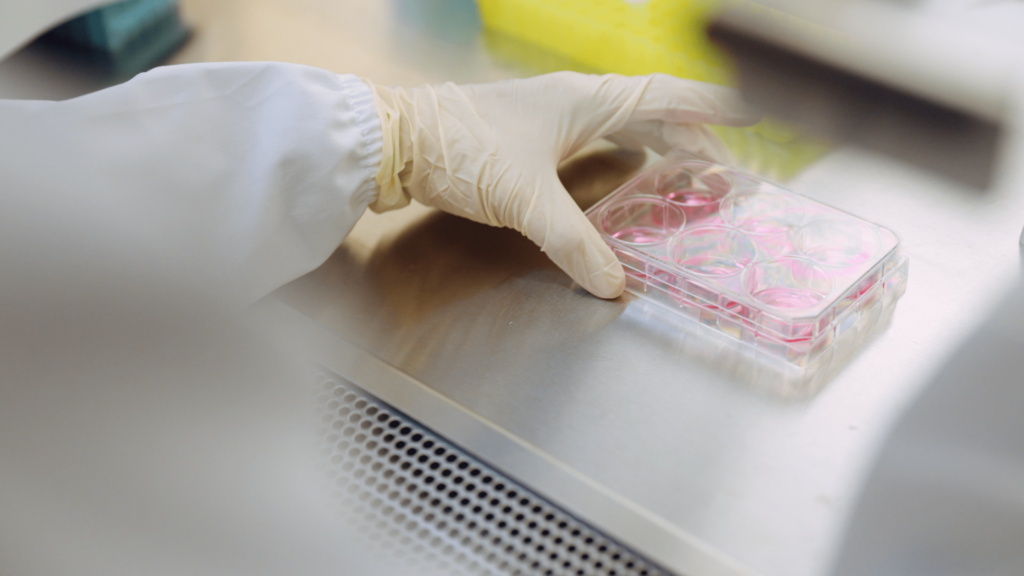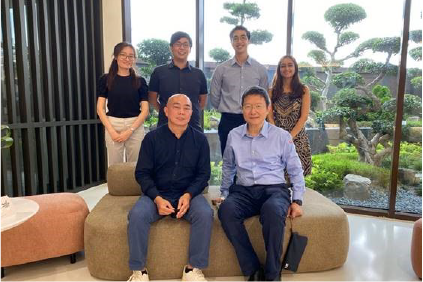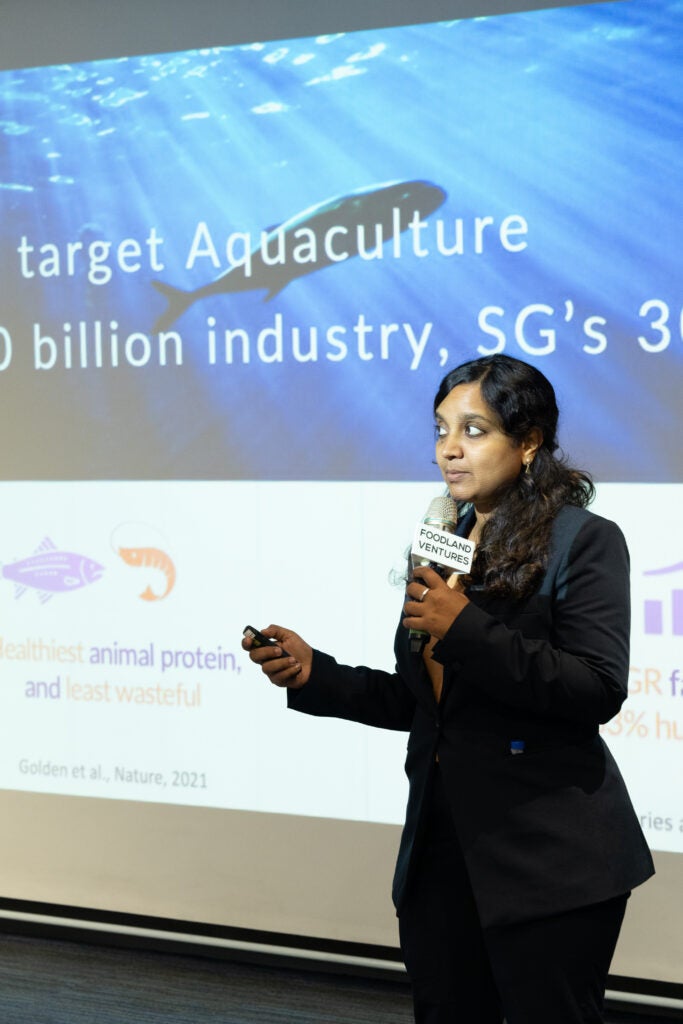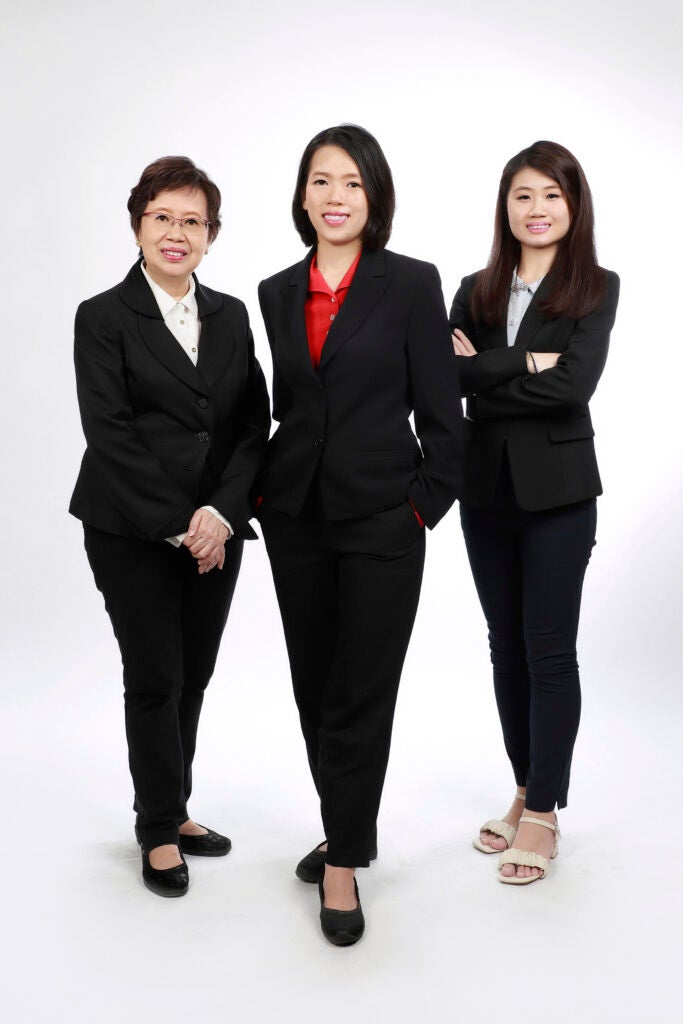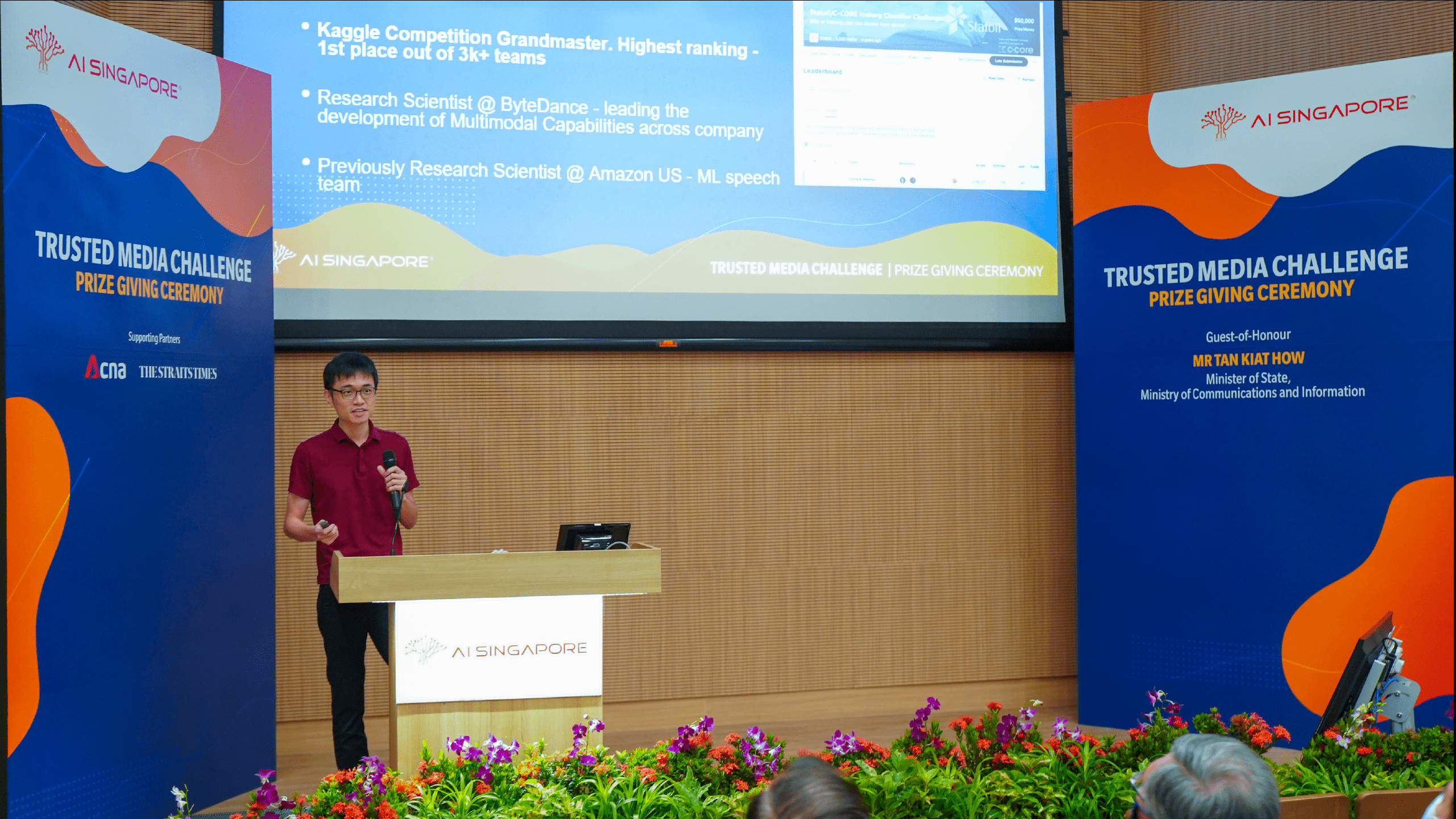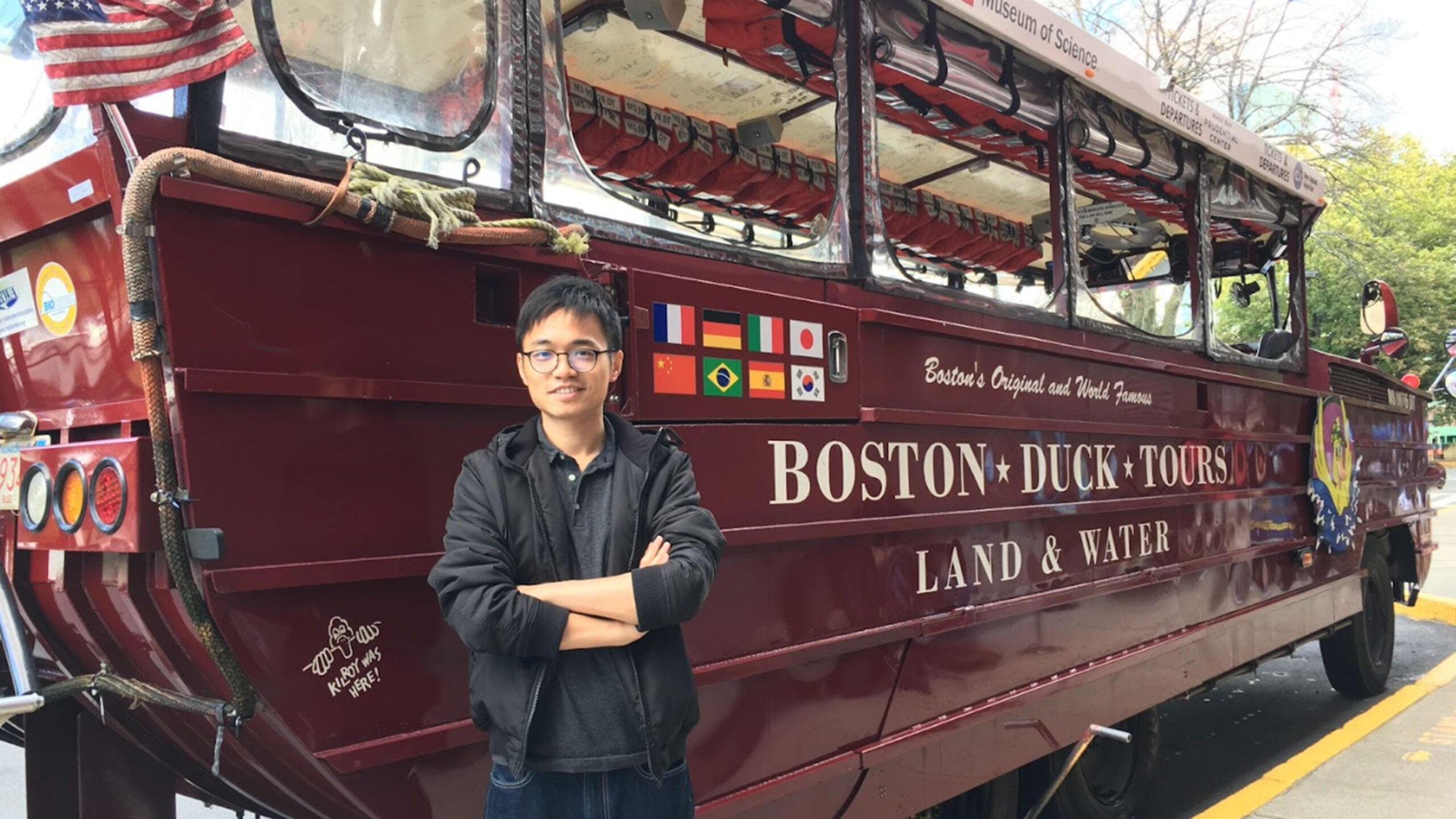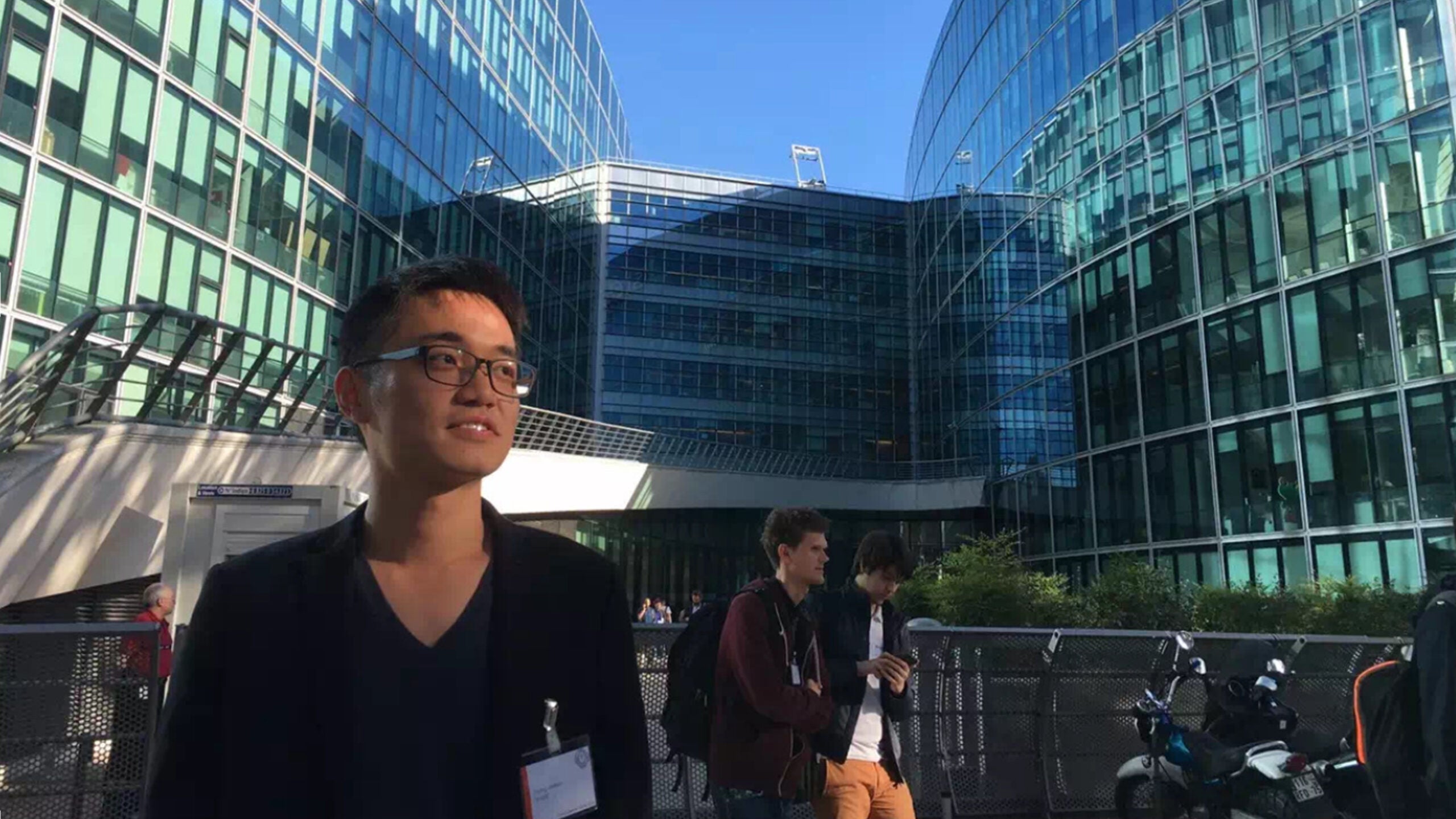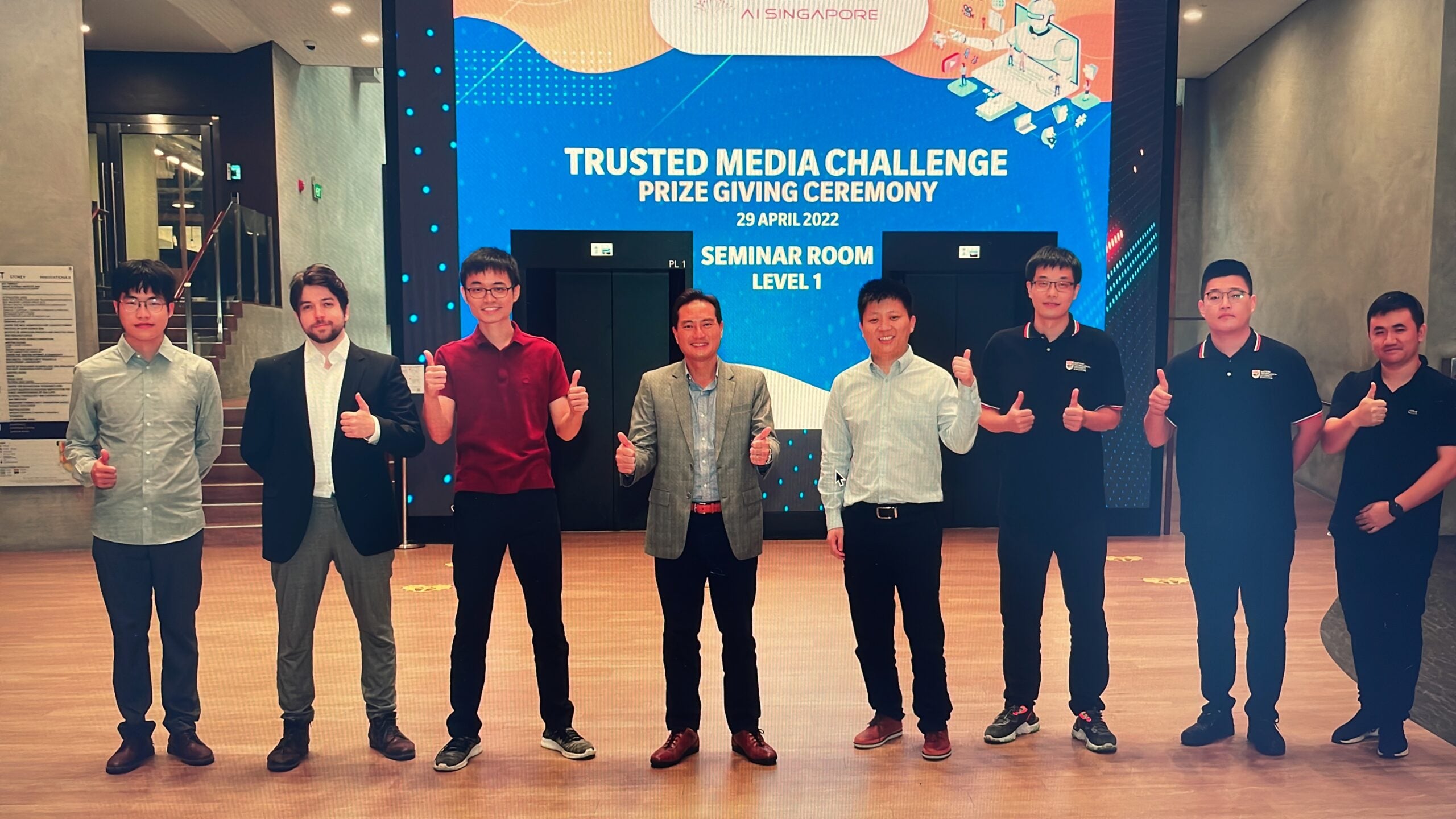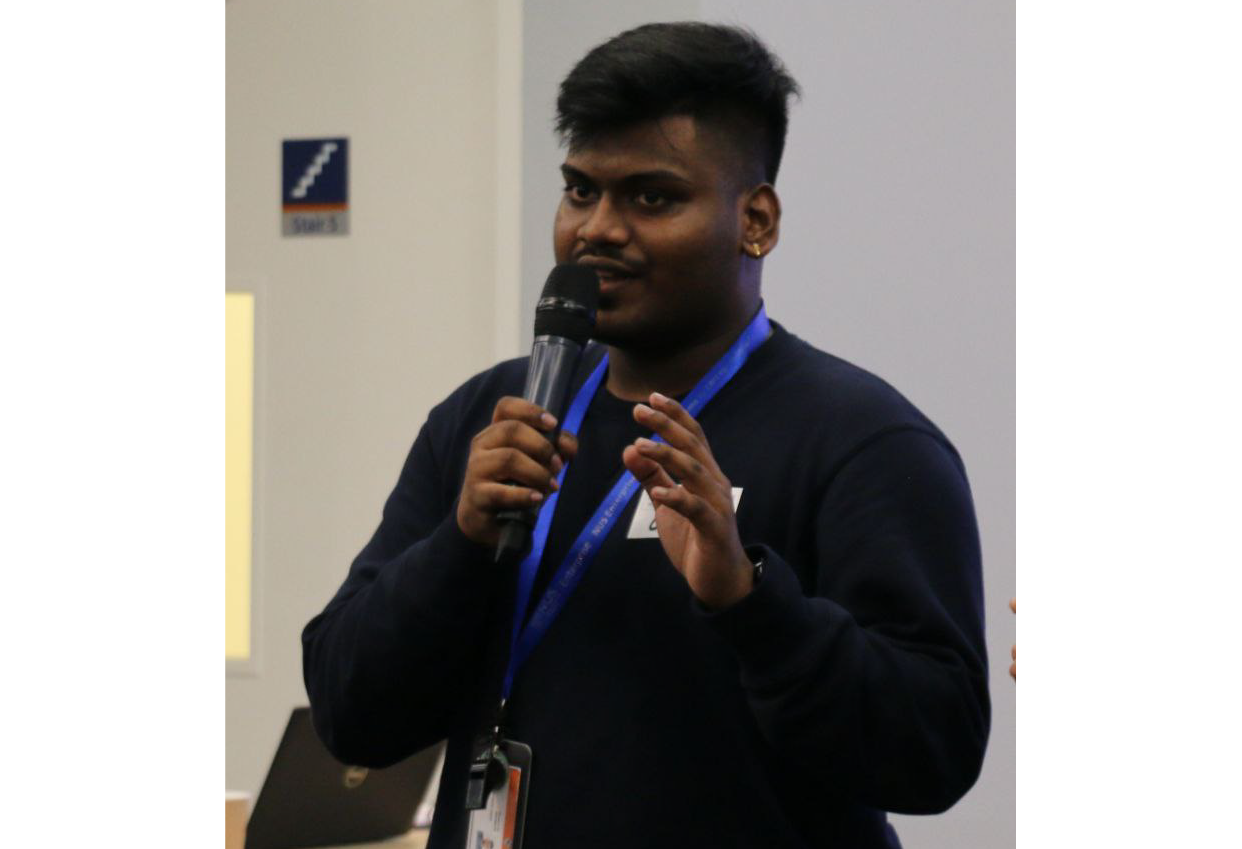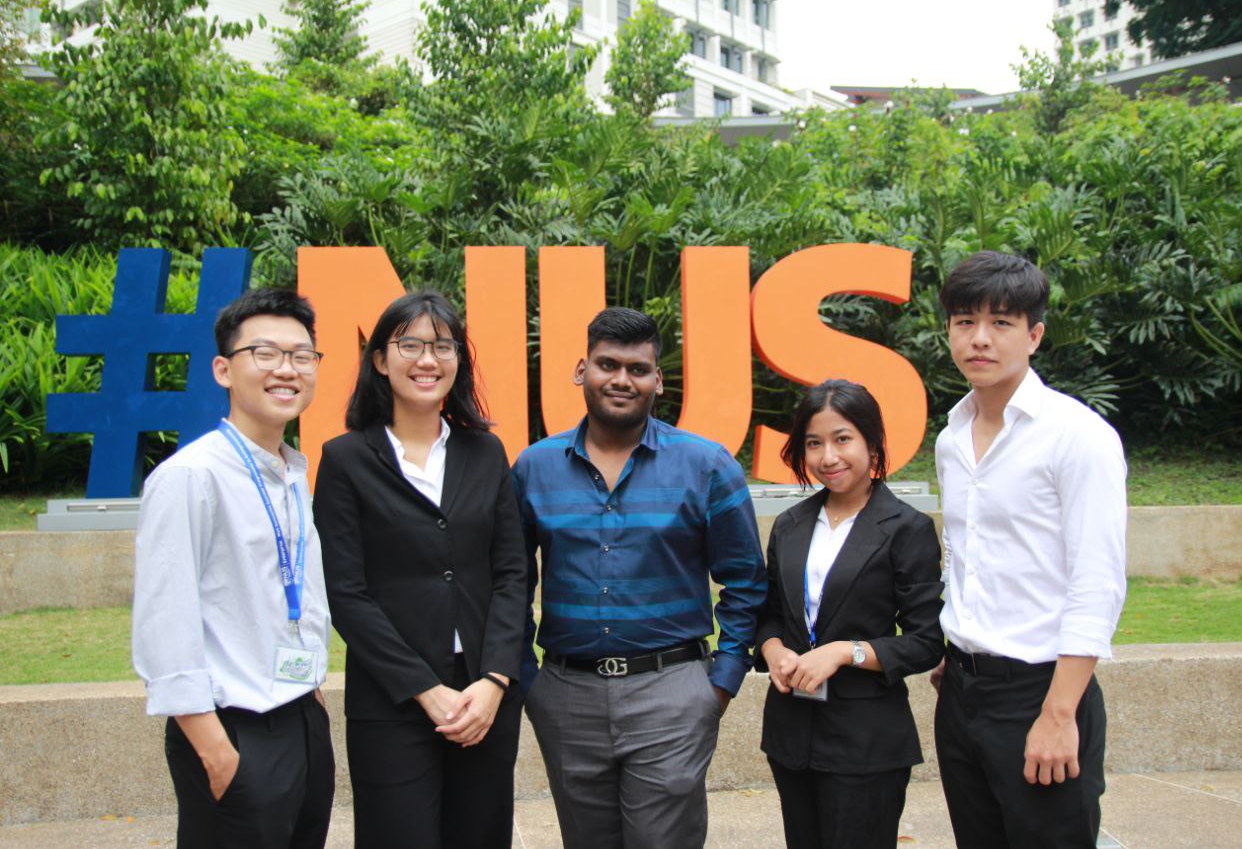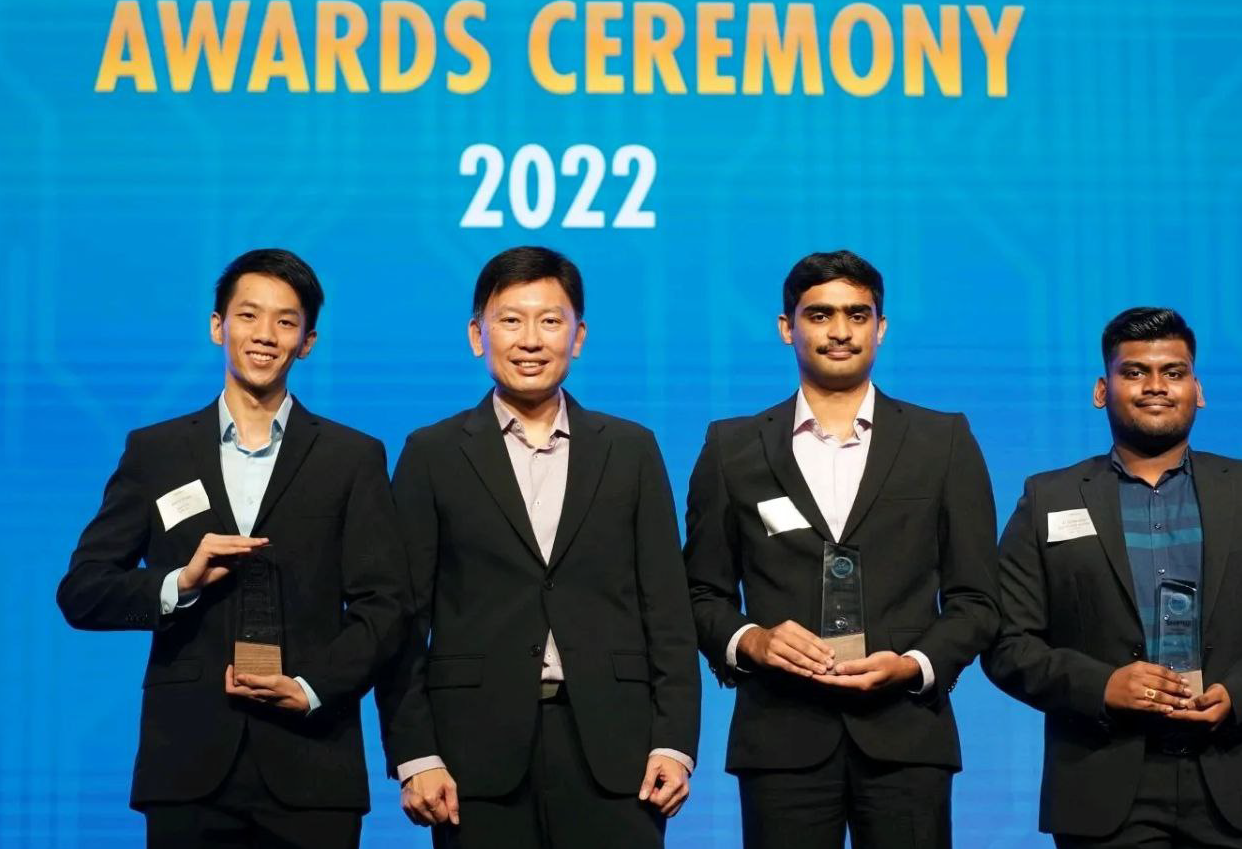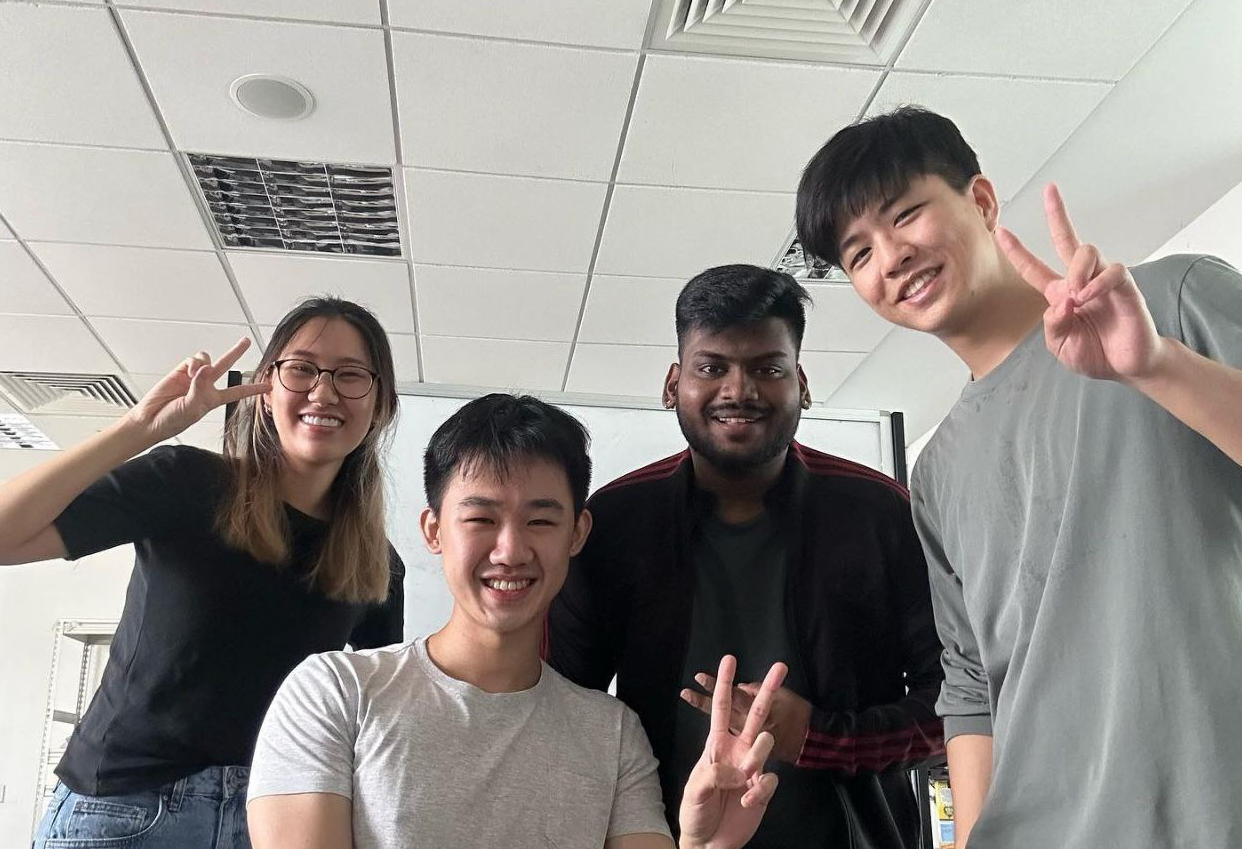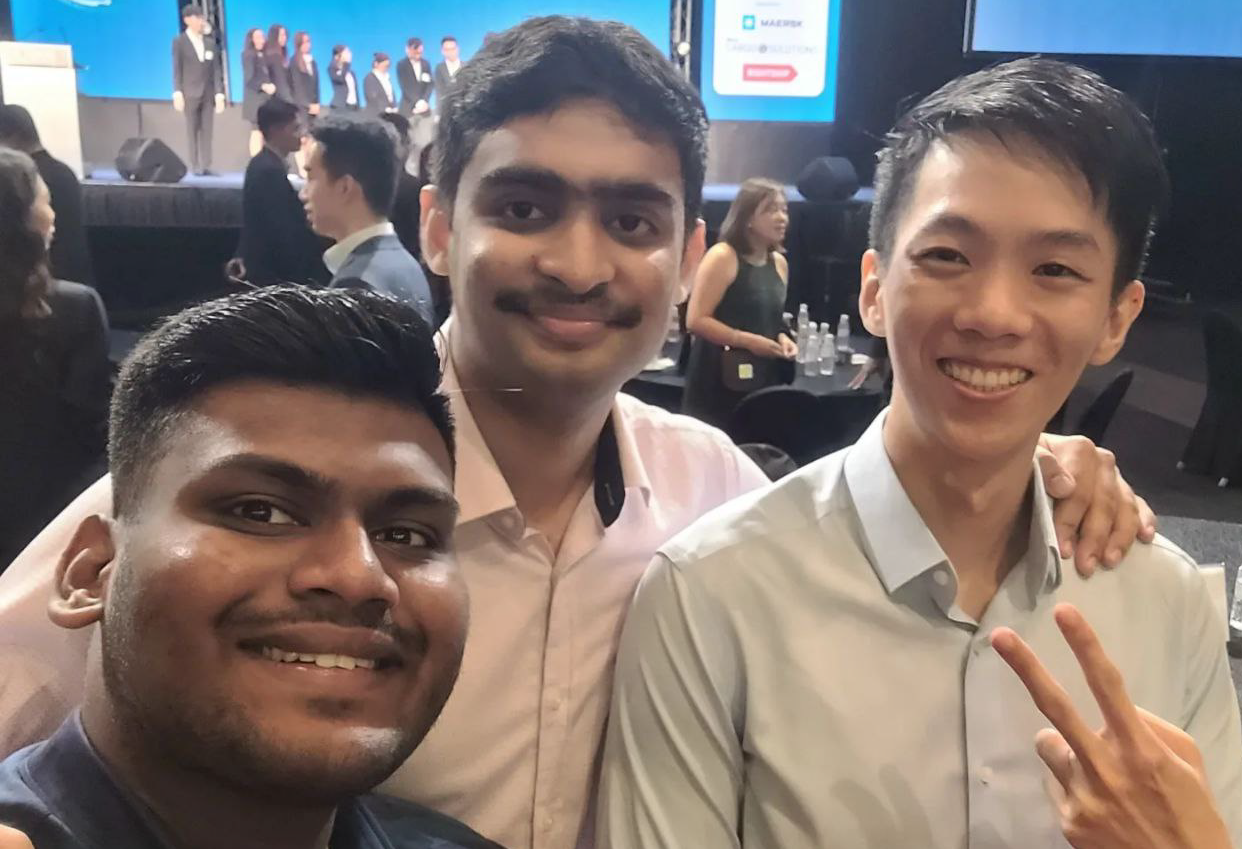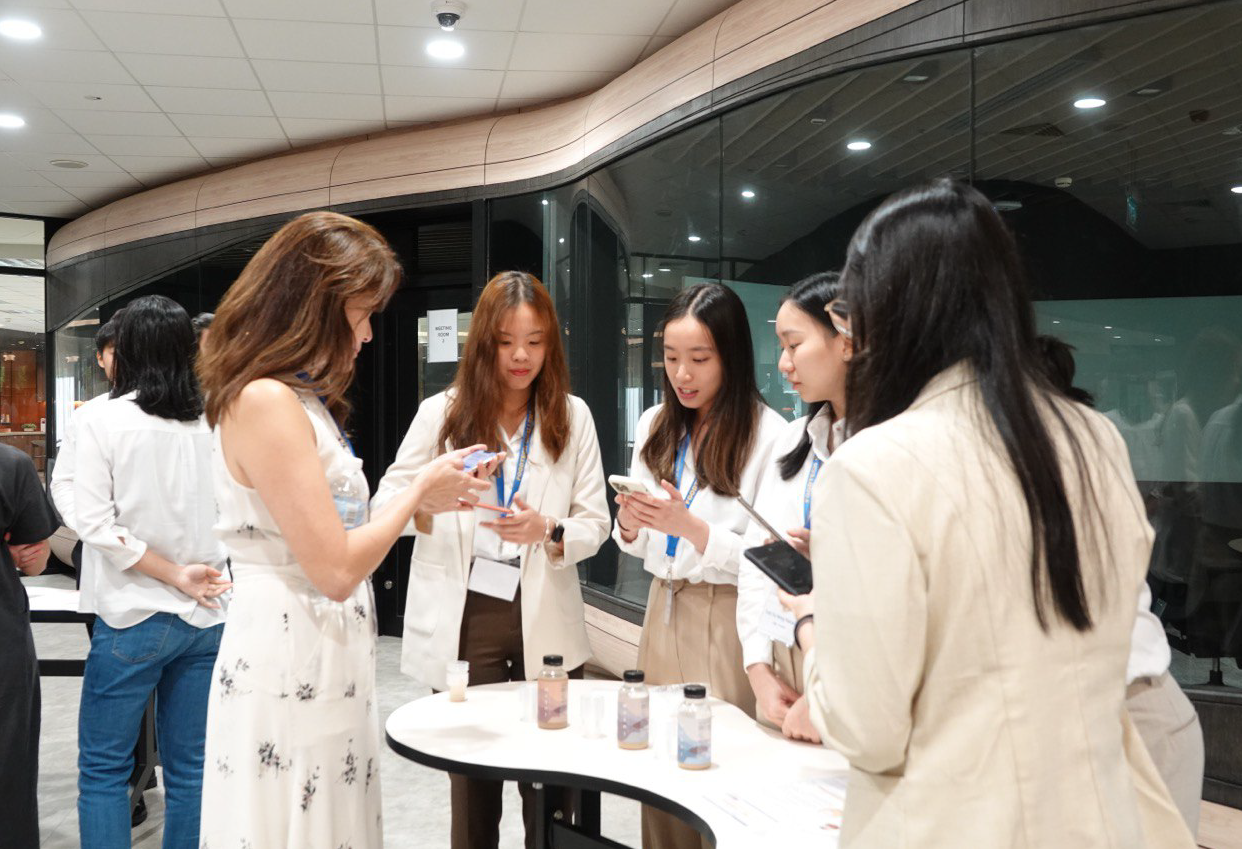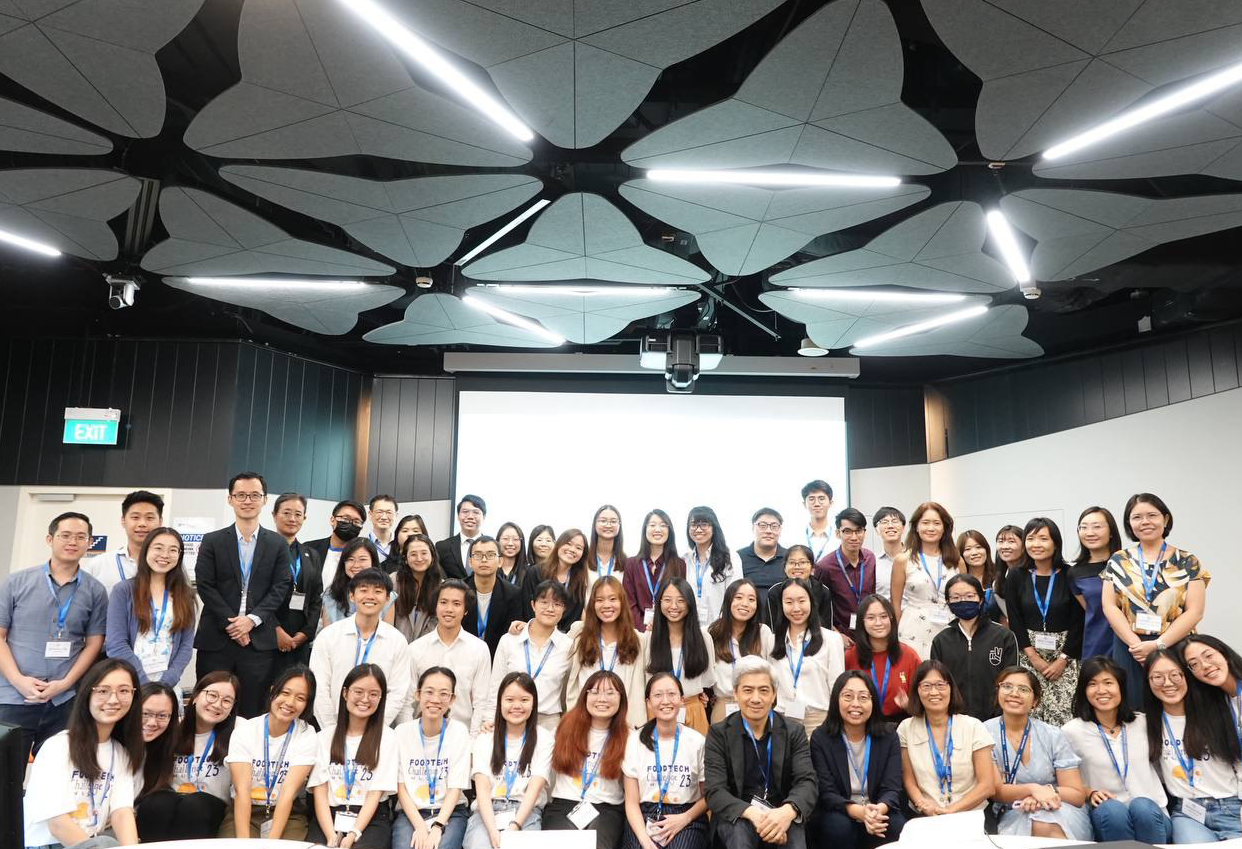Shaping Future Solutions
Shaping Future Solutions
Advancing
Knowledge
Our researchers’ collaborations with industry, government and academic partners generate solutions to address complex real-world problems.

Developing digital tools for forest restoration
The research group led by Dr CHUA Siew Chin, Department of Biological Sciences, recently launched a project with the National Parks Board (NParks) in Singapore, supported by Temasek Foundation. The aim is to develop a suite of digital tools for sustainable long-term monitoring of forest restoration projects. These tools are intended to enhance restoration strategies by using predictive functionalities to simulate and forecast the regeneration trajectory of native forests over time.

Enhancing the properties of plastic materials
The polymer research group led by Assoc Prof CHUA Lay-Lay, Department of Chemistry, is collaborating with ExxonMobil Technology and Engineering Company to develop sustainable polymer materials that combine the mechanical strength of thermosets and thermal processability of thermoplastics. The resulting high-performance materials show self-healing, reshapeability, malleability and end-of-use recyclability.

Evaluating the dosage form on drug product performance
The research team led by Assoc Prof Matthias G WACKER, Department of Pharmacy, is collaborating with FluiMed GmbH to study the performance of next-generation nanotechnology-based drug products that are administered by the oral route. Together, they explore critical factors impacting drug absorption, a key component in enhancing therapeutic effectiveness. The project further involves the design of refined prototypes before they progress into the clinical phases of drug development.

Advancing blockchain innovation in decentralised finance
The research team led by Assoc Prof ZHOU Chao, Department of Mathematics, is collaborating with IoTeX Foundation to develop real-world applications for financial and physical infrastructure networks, using blockchain technology. Decentralised finance (DeFi), uncontrolled by central authorities, facilitates financial transactions like staking, lending and investing without intermediaries. The collaboration also focuses on integrating data-driven tokenomics (token economics) and system behaviour modelling for a decentralised physical infrastructure network (DePIN).
Driving Impact
and Enterprise
Some of our Science alumni have gone on to set up their own businesses, translating their visions into solutions that help businesses and society.
Our students and alumni participate in competitions, which allow them to stretch their imaginations and come up with innovative solutions for diverse challenges.

Recognising
Excellence
Our faculty members are widely recognised by their peers for their achievements and enjoy high international standing. Our reputation for excellence was reinforced through various awards for our faculty members’ exceptional contributions to scientific research.
International

Emeritus Prof CHOU Loke Ming
Department of Biological Sciences
Emeritus Prof CHOU Loke Ming received the ASEAN Biodiversity Hero Award (2022), for his pioneering work on coral reef restoration and management.

Prof KOH Lian Pin
Centre for Nature-based Climate Solutions
Department of Biological Sciences
Department of Biological Sciences
Prof KOH Lian Pin was one of 20 National Champions selected by a jury of world-leading sustainability scientists to receive the Frontiers Planet Prize (2023), for uncovering the potential of implementing large-scale carbon projects in the region for forest protection, and their positive impacts for climate, biodiversity and society.

Prof JIANG Donglin
Department of Chemistry
Prof JIANG Donglin was elected a Fellow of the European Academy of Sciences (2022), for his pioneering work in the field of polymer chemistry and materials which are potentially important to society and the environment.

Assoc Prof KOH Ming Joo
Department of Chemistry
Assoc Prof KOH Ming Joo focuses on developing impactful technologies that shrink the environmental footprint of synthetic chemistry, thereby achieving greater sustainability in chemical production. He has received multiple accolades, including being named to the Chemical & Engineering News (C&EN)’s Talented 12 list (2022) and receiving the Singapore National Academy of Science (SNAS) Young Scientist Award (2022), NUS’ Young Researcher Award (2023) and the Faculty’s Young Scientist Award (2022).
Credit: Agency for Science, Technology and Research (A*STAR)

Assoc Prof HUANG Hao
Department of Mathematics
Assoc Prof HUANG Hao was conferred the Frontiers of Science award (2023) by the International Congress for Basic Science in the category of Combinatorics, Discrete Geometry and Graph Theory.

Assoc Prof YAO Yao
Department of Mathematics
Assoc Prof YAO Yao was one of 12 winners to receive the Asian Young Scientist Fellowship (2023) for her research on partial differential equations arising in fluid dynamics and mathematical biology, which is expected to address challenging questions in these areas and contribute to modern applied analysis.

Prof Artur EKERT
Department of Physics
Centre for Quantum Technologies
Centre for Quantum Technologies
Prof Artur EKERT was conferred the Milner Award and Lecture (2024) by the United Kingdom-based Royal Society for his pioneering contributions to quantum communication and computation, which transformed quantum information science into an industry-relevant, interdisciplinary field.

Asst Prof Steven TOUZARD
Department of Materials Science and Engineering#
Department of Physics
Asst Prof Steven TOUZARD was named to MIT Technology Review’s Innovators Under 35 list (2022) for the Asia Pacific region, for his pioneering experiments in quantum error and his work in quantum technologies.
#College of Design and Engineering
National

Asst Prof TAN Yong Zi (left)
Asst Prof HO Wen Wei (right)
Asst Prof HO Wen Wei (right)
Asst Prof TAN Yong Zi, Department of Biological Sciences, and Asst Prof HO Wen Wei, Department of Physics, received the Singapore National Research Foundation (NRF) Fellowship (2023) for their work on cryogenic electron microscopy (cryo-EM) methods to understand the structure and function of membrane proteins in human diseases, and theoretical investigations into universal structures exhibited in the dynamics of large, macroscopic quantum systems, respectively.

Prof CHEN Wei
Prof CHEN Wei, Departments of Chemistry and Physics, received the NRF Investigatorship (2023) to pursue frontier research in interface engineered ferroelectric two-dimensional (2D) materials for artificial synapses and neuromorphic computing.
Faculty
Prof ZHU Chengbo, Department of Mathematics, received the Faculty’s Outstanding Scientist Award (2022) for his work on representation theory of Lie groups, which resolved several outstanding conjectures and pushed the boundaries of mathematical knowledge.
We also presented the inaugural Outstanding Doctor of Philosophy (PhD) Advisor Award (2022) to Emeritus Prof DING Jeak Ling, Department of Biological Sciences, and Emeritus Prof FENG Yuan Ping and Prof Andrew WEE from the Department of Physics for their significant contributions to our PhD programmes.





